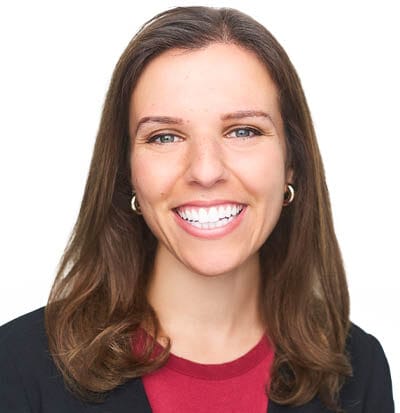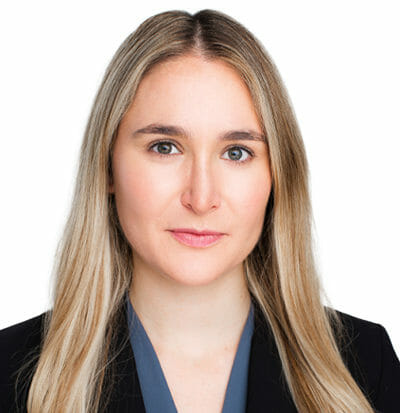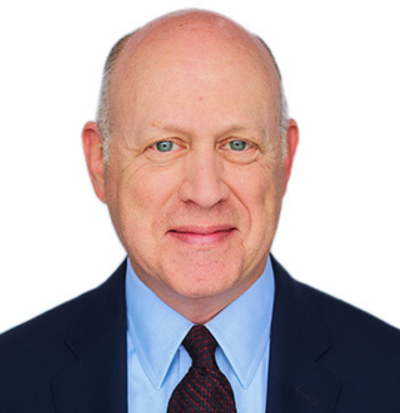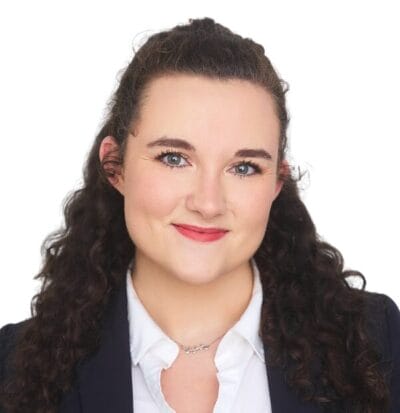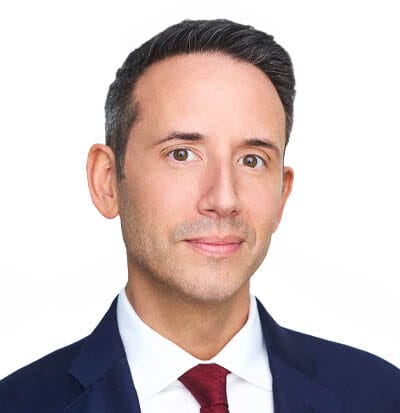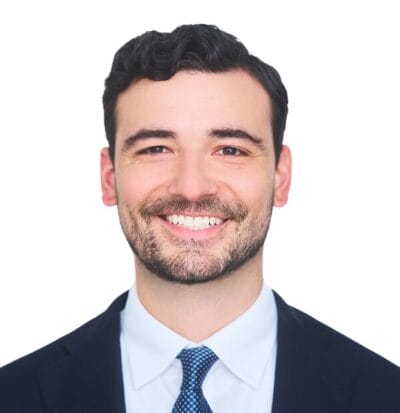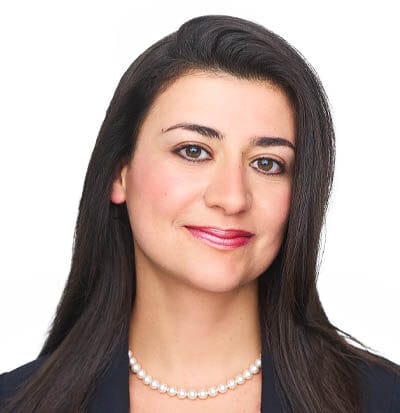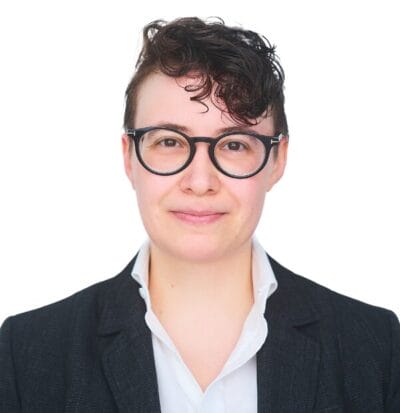Fross Zelnick attorney Laura Popp-Rosenberg represented Mexican law firm Creel, García-Cuéllar, Aiza y Enríquez, S.C. (“CGCAE”) in an opposition brought by the firm’s former partner Carlos Creel Carrera and Creel Abogados, S.C. the new law firm he formed along with other partners who left CGCAE (together, “Opposers”). Opposers objected to CGCAE’s attempt to register their full firm name CREEL GARCIA-CUELLAR AIZA Y ENRIQUEZ as well as their shorthand firm name CREEL.
Opposers contended: that both of our client’s marks were deceptively misdescriptive or deceptive, since no lawyer with the last name of CREEL was still practicing at the firm; that both of our client’s marks suggested a false connection with an institution; that both of our client’s marks used the name of departing partner (and our client’s founder’s son) Carlos Creel without his permission; that our client’s CREEL mark was merely a surname and lacked secondary meaning.
On the deceptively misdescriptive and deceptive claims, the Board determined, among other things, that case law does not support the idea that surnames are “descriptive” and thus Opposers’ claims failed as a matter of law (in addition to failing for a lack of evidence), since a term that is not descriptive cannot be either deceptively misdescriptive or deceptive.
The claims for false suggestion of connection with an institution, and use of a name without a permission, failed for lack of evidence.
The Board did agree that CREEL is merely a surname when used in the context of a law firm (notwithstanding the extensive non-surname evidence we submitted), but then found that our client had established secondary meaning.



